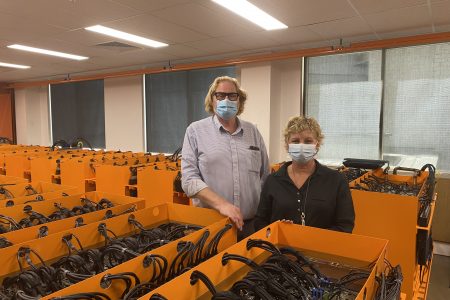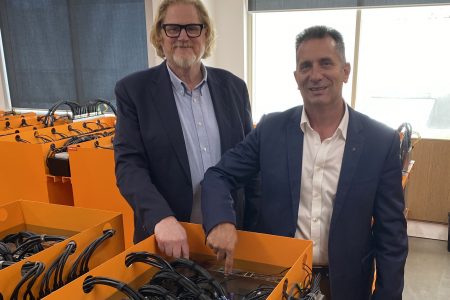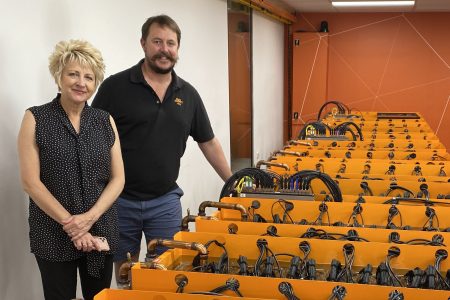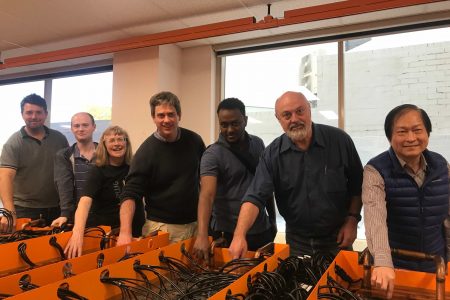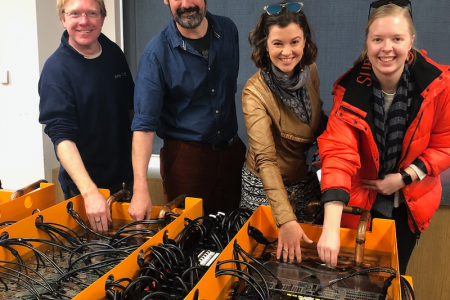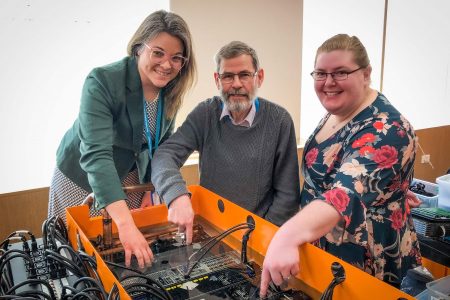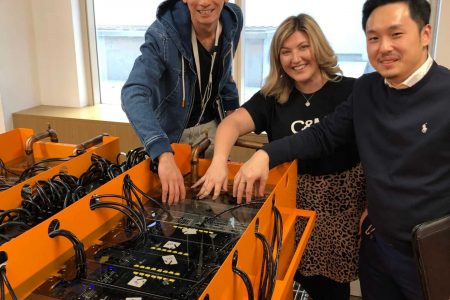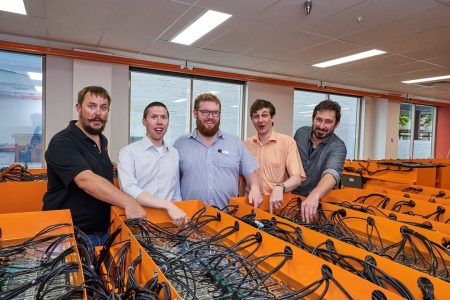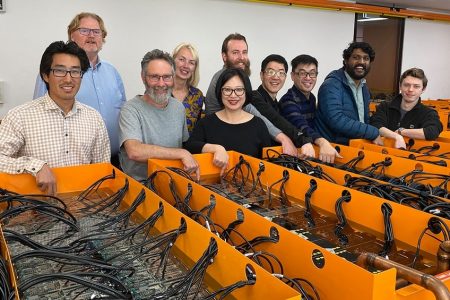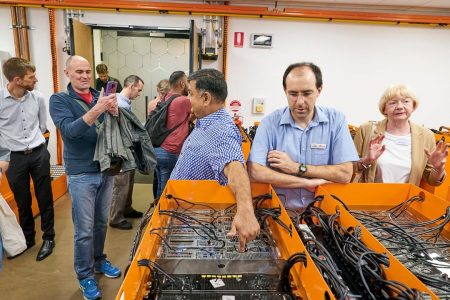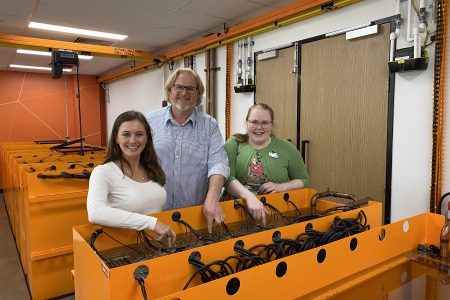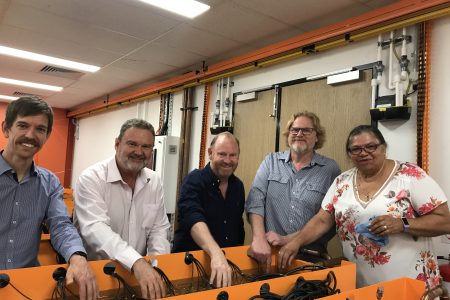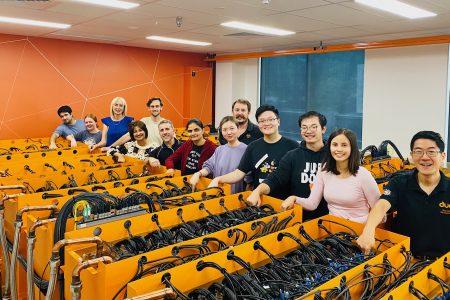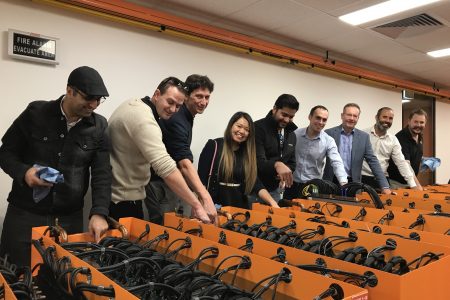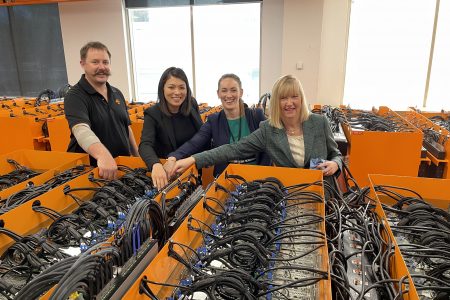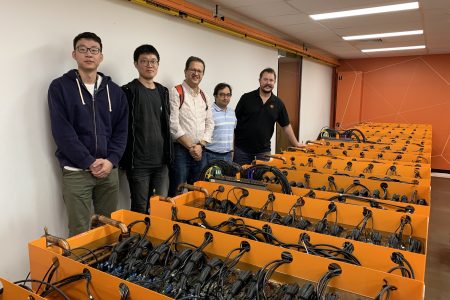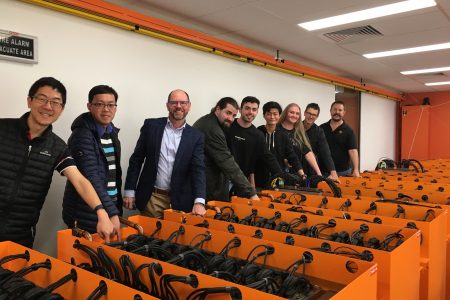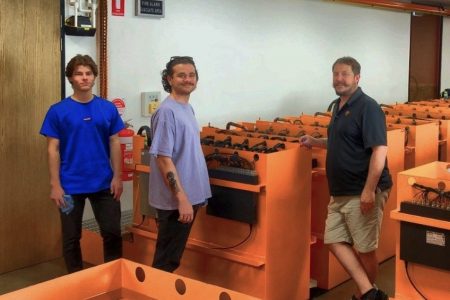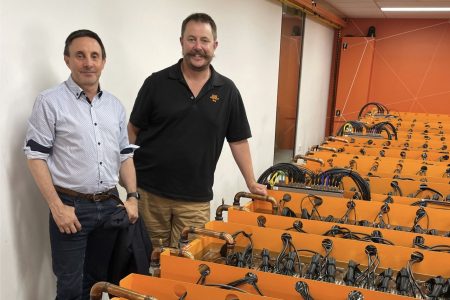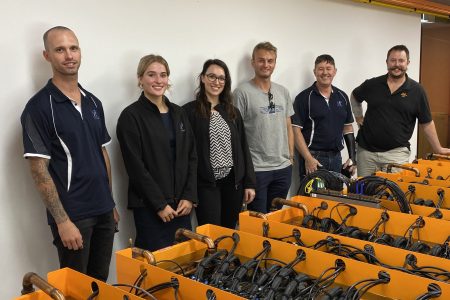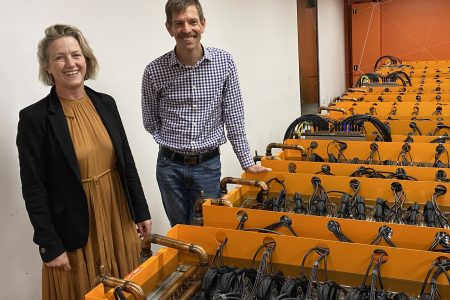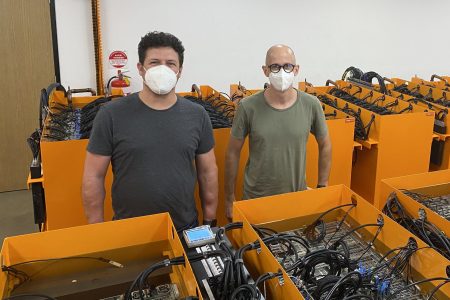Minister for Industry and Science, the Hon Ed Husic MP, understands the importance of sovereign capability when it comes to Australia’s tech and research sector.
“While international collaboration is great, it has to be on the basis that as we are building sovereign capability, that we are not seeing the IP and the know-how being sucked out of the country, and that we—as a nation—are left with very little to show for it,” Mr Husic told InnovationAus.com.
Minister Husic is spot on. Australia’s home-grown tech companies have so much to offer, and have demonstrated time and again their ability to provide world-class products and services.
In an ever-growing, data-centric world, high-performance computing (HPC) is a fundamental resource for research and innovation. The constant and rapid advancement of computing technology, combined with an increasing diversity of researcher needs, means more and more end-users either lack or cannot access the expertise required to effectively leverage HPC.
For instance, the Australian SKA Regional Centre 2019 Radio Astronomy Data User Community Survey Report noted several serious issues impeding the progress of researchers. These include hardware limitations and the reliability of available HPC systems, as well as a lack of support concerning software development, maintenance, and optimisation.
Facing such problems, many would turn to service providers overseas, forming a deep reliance on offshore tech. Australia’s research expertise in areas such as artificial intelligence and quantum computing comes on the back of decades of public investment and it’s absolutely critical we keep those investments here in Australia.
At DUG, one of our key focus areas is sovereign capability. We continue to see strong demand from a diverse client base who need local, green, and secure high-performance computing as a service (HPCaaS). In addition, we have a dedicated, Australian-based HPC support team to assist with code onboarding, hardware-specific optimisation, algorithm and software development, and general enablement services. These have been crucial to building working relationships with the Harry Perkins Institute of Medical Research, the International Centre for Radio Astronomy Research (ICRAR), Curtin University and Austal.
Local providers can also play an important role in Australia’s long-term emissions reduction plan. We already offer world-leading green HPC credentials with our patented immersion-cooling technology for computer hardware, which reduces power consumption by up to 51%, helping fuel decarbonisation efforts across many industries. For instance, ICRAR highlighted in their Sustainability Statement the power-saving benefits of DUG’s green tech, which helped reduce their carbon footprint. Our plans for a climate-positive HPC campus in Geraldton will continue to help Australian researchers achieve their carbon-reduction goals and meet environmental, social and governance requirements.
The issue of sovereign capability and the treatment of IP needs to be an ongoing national conversation. Australia’s tech sector has the world at its feet. Opportunities for innovation, translation of research, commercialisation of IP, manufacturing, employment, and productivity are everywhere. Business and government are well placed to partner, create, and support a thriving ecosystem where these goals are at the forefront of everything we do.






